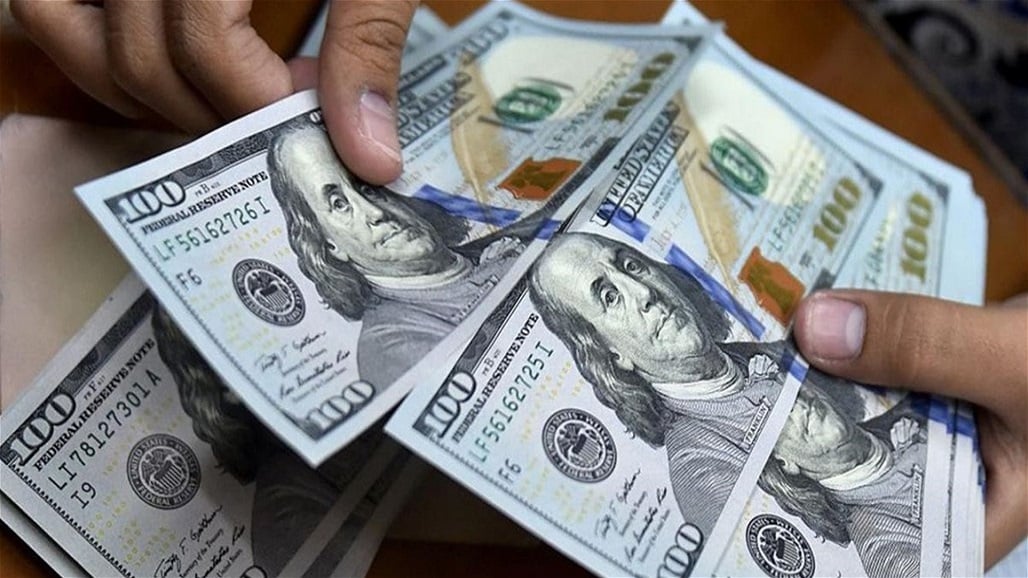US Dollar Falls on Increasing Political and Economic Concerns

The US dollar continued its decline to settle near its lowest levels since February 2022, influenced by statements from Federal Reserve Chairman Jerome Powell indicating caution in dealing with interest rates, in addition to concerns related to the large spending bill proposed by President Donald Trump.
The dollar recorded a significant decline against the euro, reaching its lowest level since September 2021, and also weakened against the Swiss franc to its lowest price since January 2015. Despite a slight increase in the dollar index to 96.677, it remained close to its recorded lowest levels at 96.373.
In a related context, the euro maintained its stability at $1.1802, while the British pound slightly rose to $1.37435, nearing its highest level since October 2021. The dollar also partially recovered against the Japanese yen, rising by 0.1% to 143.59 yen after falling in the previous session.
The dollar's decline came amid remarks by Federal Reserve Chair Jerome Powell during his participation in the European Central Bank conference in Sintra, Portugal, where he emphasized that the US central bank is taking a "patient" approach to lowering interest rates, indicating that any decision will depend on expected economic data.
At the same time, investors are focusing on the tax and spending bill approved by the Senate, which is expected to add about $3.3 trillion to the US national debt, raising concerns about the financial stability of the United States.
Rodrigo Catril, a strategic expert at the National Australia Bank, expressed concern about the law's impact on the markets, telling Reuters: "Confirmation that this law will lead to an increase in government issuances and public spending beyond available capacities is not good news for the US bond market. It can be considered one of the main reasons behind the dollar's weak performance."
Criticism from President Trump towards the Fed's policy added further pressure, as he sent a message to Powell accompanied by a handwritten list of global interest rates, with a sarcastic comment saying: "As usual.. you are very late."
Investors are now awaiting the release of the US non-farm payrolls report on Thursday, which may provide new insights into economic trends and future Fed policy.